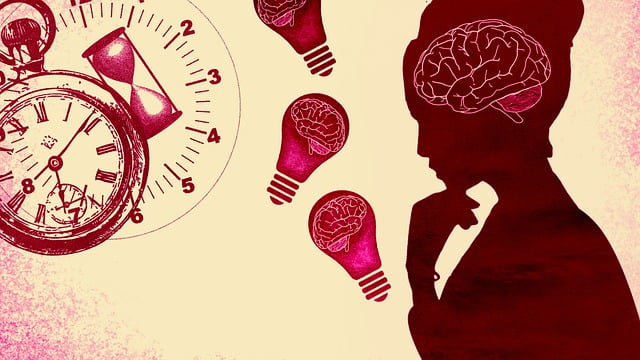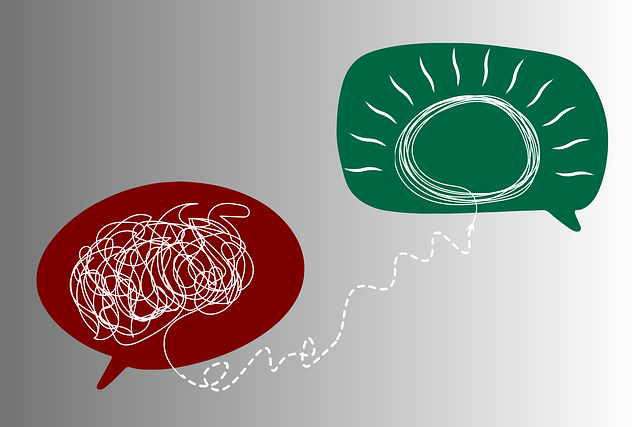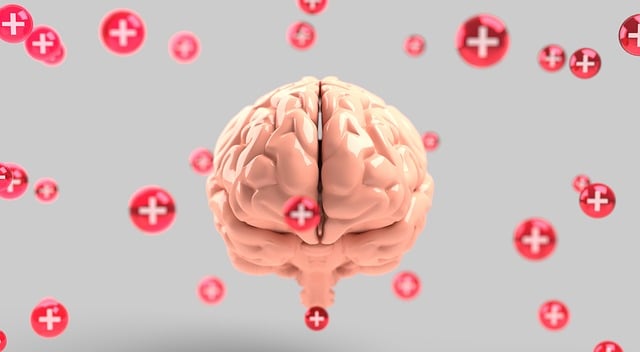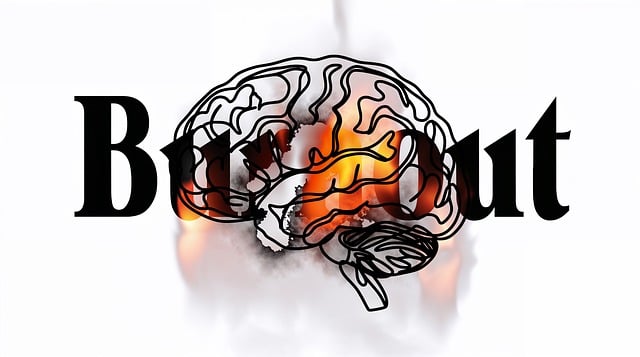Diagnosing mental illnesses accurately is a complex task due to individual psychology's uniqueness and diverse symptoms. Greenwood Village Sexual Addiction Therapy offers specialized support using evidence-based practices like conflict resolution and self-awareness exercises, contributing to more precise diagnoses. Integrating trauma support services, self-care routines, and coping skills development, this therapy approach enhances holistic mental health care, improving patient outcomes. Early intervention through such services normalizes conversations around mental wellness, leading to better diagnosis accuracy and effective treatment plans.
Mental illness diagnosis accuracy is a critical aspect of patient care, yet it remains a challenging field. This article explores strategies to enhance diagnostic precision, focusing on the unique challenges faced by mental health professionals. We delve into specialized therapies like Greenwood Village Sexual Addiction Therapy, which offers tailored treatments for specific disorders. Additionally, we discuss innovative techniques and the importance of early intervention, aiming to improve patient outcomes and overall well-being. Discover how these efforts contribute to a more effective approach to mental health care.
- Understanding the Challenges of Mental Illness Diagnosis
- The Role of Specialized Therapies: A Case for Greenwood Village Sexual Addiction Therapy
- Innovative Approaches to Enhance Diagnostic Accuracy
- Promoting Early Intervention and Supportive Care
Understanding the Challenges of Mental Illness Diagnosis

Diagnosing mental illnesses accurately can be a complex task due to the multifaceted nature of human psychology and the diverse range of symptoms presented by individuals. Each person’s experience with mental health issues is unique, often influenced by genetic predispositions, environmental factors, and past traumas. This complexity poses significant challenges for healthcare professionals, especially when dealing with conditions that share similar symptoms, such as anxiety and depression, or more complex cases like dual diagnoses (co-occurring disorders).
In Greenwood Village, Sexual Addiction Therapy has become a valuable resource for individuals seeking specialized support. These therapists employ evidence-based practices and techniques like conflict resolution methods and self-awareness exercises to address underlying issues contributing to mental health struggles. Furthermore, trauma support services play a crucial role in accurate diagnosis by helping clients process and overcome past traumatic experiences that may manifest as mental health symptoms.
The Role of Specialized Therapies: A Case for Greenwood Village Sexual Addiction Therapy

Mental illness diagnosis accuracy has been a subject of intense interest and improvement efforts in recent years. One area that significantly contributes to this is the advent of specialized therapies, such as Greenwood Village Sexual Addiction Therapy. This form of therapy focuses on specific mental health challenges, offering tailored interventions for more precise and effective diagnoses. By addressing niche issues like sexual addiction, Greenwood Village Sexual Addiction Therapy enriches the therapeutic landscape, supporting individuals in navigating complex emotions and behaviors.
Incorporating self-care routine development for better mental health, conflict resolution techniques, and coping skills development are integral parts of this specialized therapy. These strategies empower patients to manage their conditions proactively. Conflict resolution techniques, for instance, teach individuals how to navigate interpersonal challenges more constructively, while coping skills development equips them with tools to handle stressful situations. Together, these elements contribute to a more holistic approach in mental health care, ultimately enhancing diagnosis accuracy and patient outcomes.
Innovative Approaches to Enhance Diagnostic Accuracy

In the pursuit of enhancing mental illness diagnosis accuracy, innovative approaches are transforming the landscape of mental health care. Beyond traditional methods, therapists like those at Greenwood Village Sexual Addiction Therapy are leveraging cutting-edge techniques to refine diagnostic processes. These include integrating Crisis Intervention Guidance to navigate acute situations effectively and promoting Self-Awareness Exercises to encourage clients’ introspective abilities, thereby enhancing the accuracy of self-reported symptoms.
Additionally, mental health professionals are actively involved in Mental Health Policy Analysis and Advocacy, pushing for evidence-based practices and improved access to quality care. This holistic effort ensures that diagnostic tools not only evolve scientifically but also align with the diverse needs of individuals seeking treatment. Such advancements promise to significantly improve diagnosis accuracy, paving the way for more effective interventions and overall better mental health outcomes.
Promoting Early Intervention and Supportive Care

Early intervention plays a pivotal role in mental health care. By promoting awareness and accessibility to services like Greenwood Village Sexual Addiction Therapy, communities can foster a culture that normalizes conversations around mental wellness. This shift encourages individuals to seek help at the first sign of distress, preventing conditions from escalating.
Supportive care is an integral part of this process. Trauma Support Services, for instance, can provide much-needed solace and guidance for those grappling with past traumas. Self-esteem improvement programs and mood management techniques are also essential tools that empower individuals to take charge of their mental well-being. These proactive measures ensure a more robust support system, ultimately enhancing the accuracy and effectiveness of diagnoses and treatment plans.
Mental illness diagnosis accuracy is a complex issue that requires a multi-faceted approach. By understanding the challenges, adopting specialized therapies like Greenwood Village Sexual Addiction Therapy, and implementing innovative strategies, we can significantly enhance diagnostic accuracy. Early intervention and supportive care are crucial for effective treatment, ensuring individuals receive the help they need sooner. These efforts collectively contribute to improved mental health outcomes and a more compassionate society.














